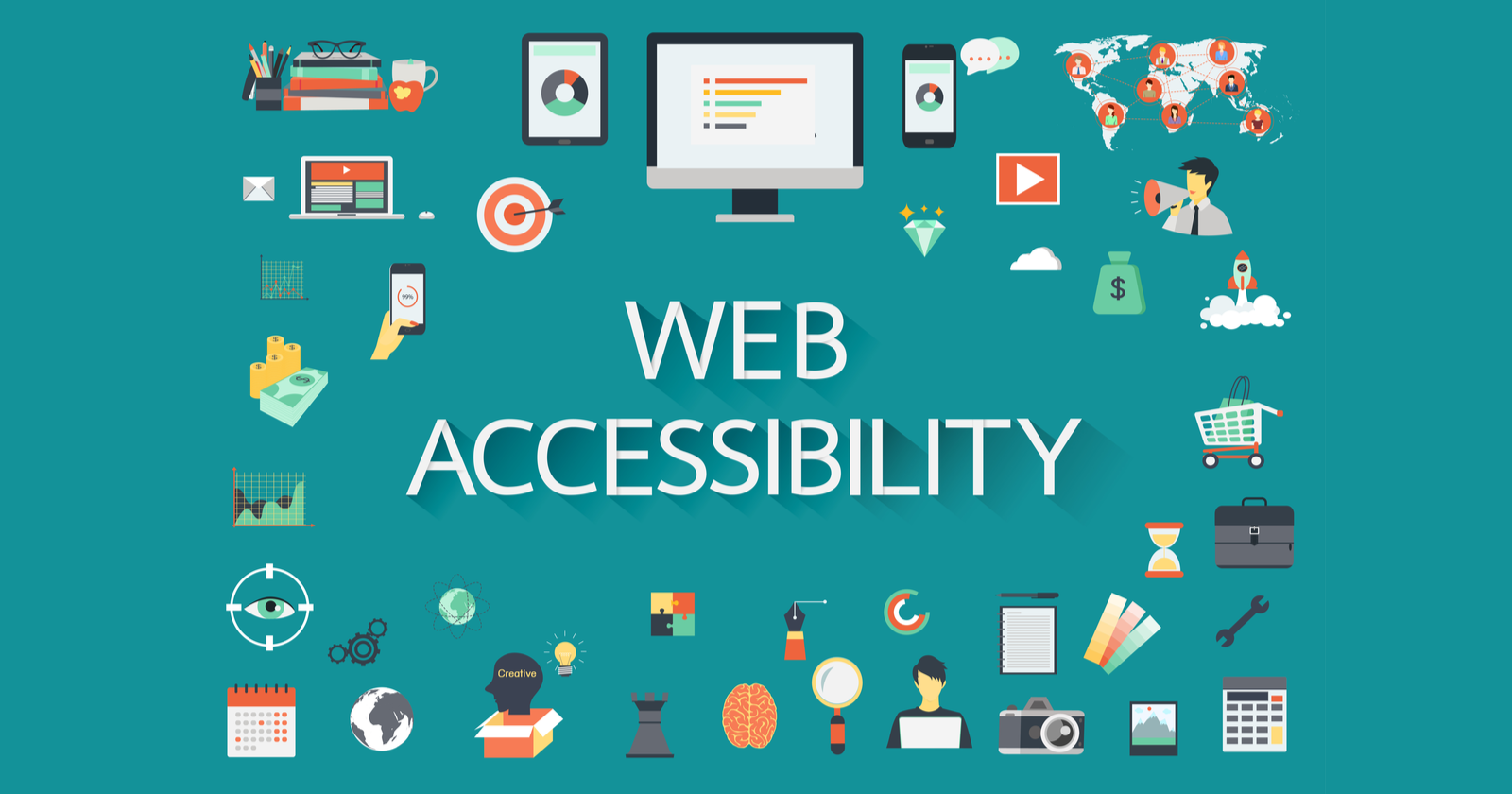Creating content that everyone can access and enjoy is crucial in today’s digital age. One simple yet effective way to begin is to add captions to videos. But that’s just the tip of the iceberg. Making your online content more accessible involves several other factors. Here’s how you can go about it.
Use Simple Language and Short Sentences
When you’re writing articles or creating other text-based content, the language you use matters a lot. Not everyone may understand complex words or industry jargon. To make sure your content reaches the widest possible audience, it’s a good idea to use simple words and short sentences.
For instance, instead of saying, “The utilization of this application is contingent upon your assent to these stipulations,” you could say, “You can use this app if you agree to these terms.” It’s the same message but simpler and easier to understand. This is especially important when creating instructional guides, how-to articles, or educational content.
Incorporate Text Descriptions for Images
Images can add value to your content, but what about people who can’t see them? You can make your content more accessible by adding text descriptions to all your images. This helps screen readers convey what’s in the image to those who can’t see it. For example, if you have an image of a dog playing in a field, your description could be something like, “A happy brown dog running in a green field.” This gives everyone an idea of what the image is about, making your content more inclusive.
Use a Readable Font and Layout
You might be surprised at how much the font and layout of your page can affect accessibility. Stick with fonts that are easy to read, like Arial or Times New Roman. Also, make sure the font size is big enough so that people don’t have to strain their eyes. The layout of your content also matters. Avoid clutter and use a clean, simple design. Make sure there’s enough space between lines and that paragraphs are not too long. Using bullet points can help break up the text and make it easier to read.
Opt for Multi-Channel Content
Not everyone likes to consume content in the same way. Some prefer reading, while others like watching videos or listening to podcasts. To make your content more accessible, try to offer it in multiple formats. If you have a blog post, you could also create a video summarizing the main points. Or you could offer an audio version for those who like to listen. The idea is to give people options so that they can choose the one that’s most accessible for them.
Add Transcripts and Captions to Audio and Video Content
While adding captions to videos is a good start, you should also think about other types of audio and video content. If you host webinars, podcasts, or interviews, provide transcripts for them. Transcripts are text versions of the spoken content, which are helpful for those who are deaf or hard of hearing.
Captions are also useful in this context. They appear on the video screen and provide a real-time description of what’s being said.
Making your online content accessible is not just a nice thing to do; it’s a necessity. By using simple language, adding text descriptions to images, choosing readable fonts and layouts, offering multi-channel content, and providing transcripts and captions, you can ensure your content is available to as many people as possible. It may require a bit of extra effort, but the rewards in terms of a wider, more satisfied audience are well worth it.
